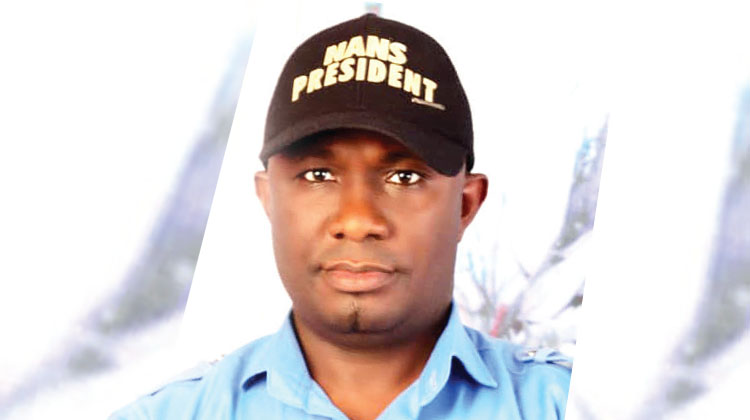
Sunday Ashefon, the Senior Special Assistant to the President on Students’ Matters, has emphasized the importance of Students Union Government and the National Association of Nigerian Students in universities across the country to question the management regarding the appropriation of school funds.
According to Ashefon, the primary reason some provosts, vice chancellors, bursars, and school administrators land in the custody of the Economic and Financial Crimes Commission due to fraud post their tenure is the lack of accountability and reluctance to ask pertinent questions.
These concerns were shared with PUNCH Online in Abuja on a Tuesday, following recent EFCC invitations to senior varsity officials.
For instance, the commission arraigned top officials from the Federal School of Medical Laboratory Technology, Plateau, before Justice Y. G. Dakwak of the State High Court in Jos on 15 counts of conspiracy and funds diversion totaling N359m on June 5, 2018.
Similarly, on March 29, 2023, the EFCC brought charges against a former vice-chancellor and bursar of Ahmadu Bello University at the Federal High Court in Kaduna for fraud exceeding N1bn.
Moreover, a former VC of the National Open University of Nigeria and other staff were flagged by the EFCC on May 13, 2024, for allegedly diverting over N275 million from the institution’s accounts.
At a Federal High Court in Abuja, the EFCC indicated that a property in Kaduna was suspected to be linked to a former NOUN Bursar and others who were under investigation for conspiracy and embezzlement of public funds.
Ashefon stressed that silence on such misconduct by those overseeing activities in universities should not persist. He advocated for Students’ Union Governments and NANS to play a role in holding the school management accountable.
He urged, “Students and youth leaders must start interrogating the management. The issue between the Federal government and ASUU regarding IPPIS was resolved before President Bola Tinubu’s intervention. Today, lecturers are no longer part of IPPIS.”
“Previously, there was a revenue sharing arrangement for deductions from internally generated revenues at each university. The institution’s management took 60%, and the FG took 40%. However, the current president intervened due to concerns about education sector underfunding and decrepit lecture facilities,” he added.
“He directed that the 40% deduction from the IGR of the institution cease. I implore our students and young people to support this administration. Asiwaju’s efforts in engaging and promoting inclusive governance are commendable and should be upheld,” Ashefon concluded.
